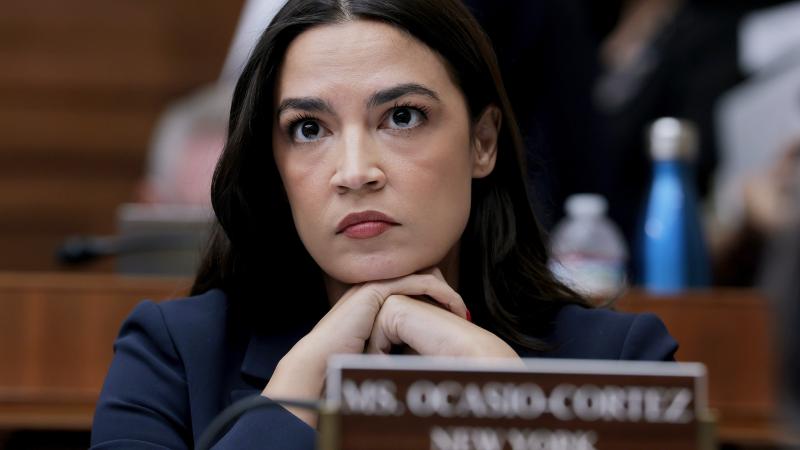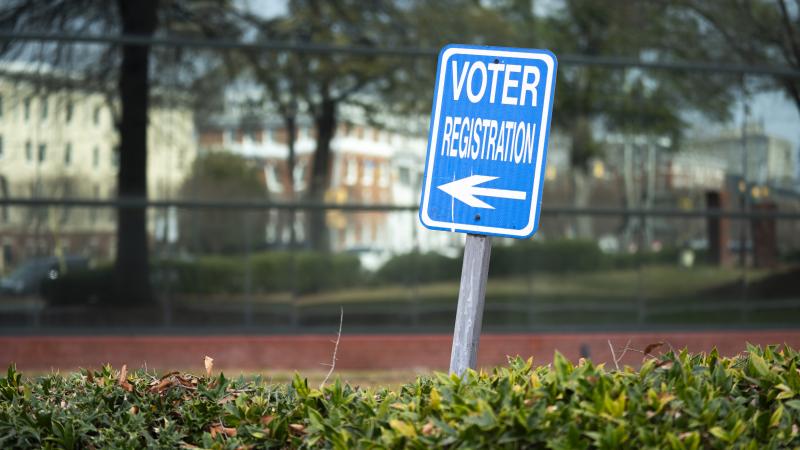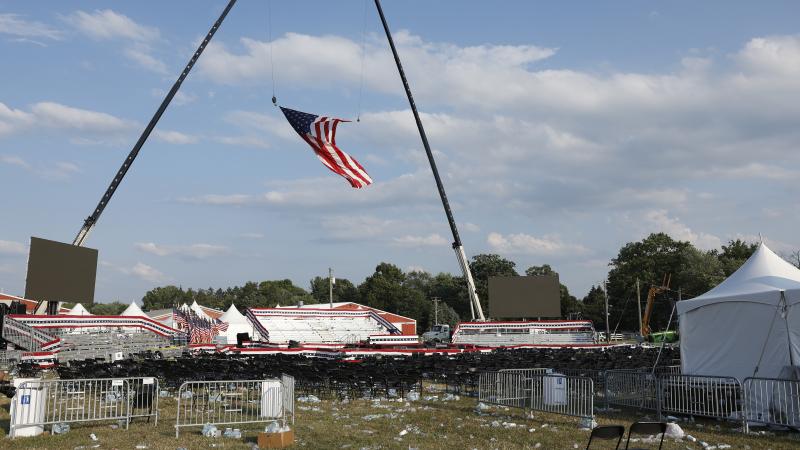Grassley supports GOP move on Supreme Court nominee, says Dems would do the same
“So, make no mistake: if the shoe were on the other foot, Senate Democrats wouldn’t hesitate to use their Constitutional authority and anything else at their disposal to fill this seat,” the long-serving senator noted.
Sen. Chuck Grassley, the long-serving and influential GOP lawmaker from Iowa, said Monday he will participate in a pre-election confirmation process if President Trump names a nominee to fill the vacancy created by the death of Supreme Court Justice Ruth Bader Ginsburg.
"Once the hearings are underway, it’s my responsibility to evaluate the nominee on the merits, just as I always have," Grassley said. "The Constitution gives the Senate that authority, and the American people’s voices in the most recent election couldn’t be clearer."
The Iowa Republican, who has served nearly four decades in the U.S. Senate, said that afforded the opportunity Democrats would charge ahead to fill a Supreme Court vacancy.
“Our colleagues on the other side made clear long ago their intentions to upend norm after norm to hijack the judiciary. From Bork to Estrada to Kavanaugh; from torching the filibuster to threatening justices who rule against their wishes, Senate Democrats have a long, sordid history of politicizing the courts and the confirmation process," Grassley said. "Even before the current vacancy, Democrats discussed plans to pack the Supreme Court and eliminate the legislative filibuster, just because they can’t get the results they want at the polls. In this case the people have spoken, putting power to appoint and confirm a nominee to the Supreme Court in one party."
“So, make no mistake: if the shoe were on the other foot, Senate Democrats wouldn’t hesitate to use their Constitutional authority and anything else at their disposal to fill this seat,” the senator noted.
While Grassley in 2016 supported waiting to move ahead with a Supreme Court nominee until after the inauguration of the next president, he said in his Monday press release that the situation this year is different than when Republicans in 2016 refused to consider a nominee to fill a vacancy after the death of Justice Antonin Scalia.
The 2016 vacancy occurred under a divided government that included a Democratic President and a Republican-controlled Senate, while the 2020 vacancy has arisen during the tenure of a Republican president and Republican-controlled Senate. He also noted that Republicans gained Senate seats during the 2018 election.














